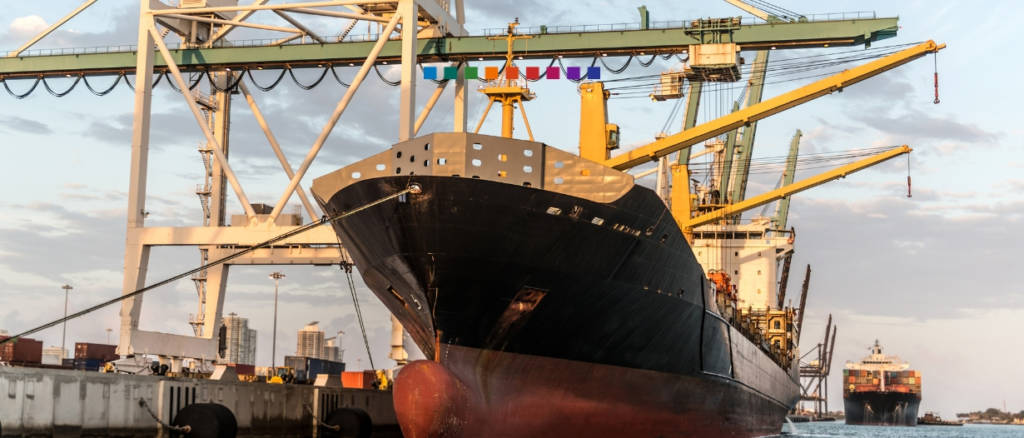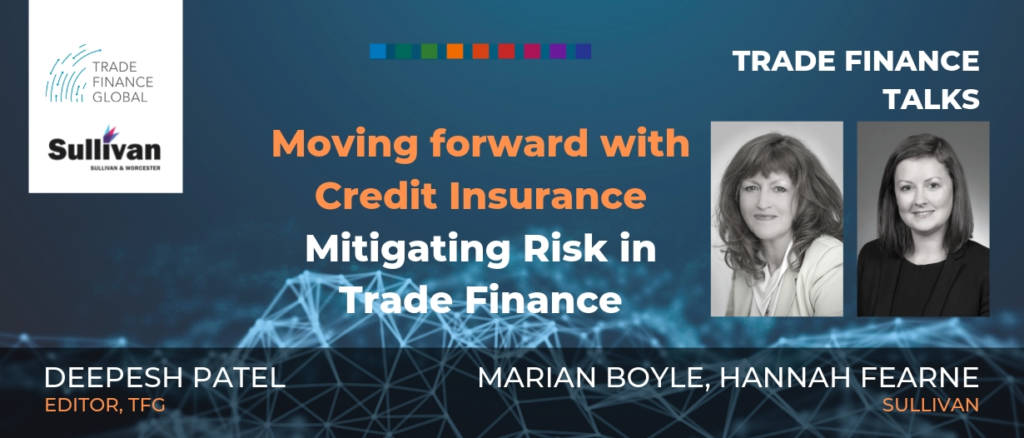The global trading system is in disarray. Global economic growth is slowing, half the G20 are now operating under openly protectionist agendas, and tensions between China and the United States remain high – despite faint promise of a truce earlier this year. But over in the UK, all of this is overshadowed by the continuing dispute over Brexit. The nation is bitterly divided, and we are fast approaching what could constitute a national crisis.
In today’s geopolitical climate many foreign policy makers use sanctions or similar, steps such as the refusals to grant authorisations, to place economic pressure on governments, organisations and individuals.
Trade Finance Global (TFG), announces that it joins Innovate Finance, the leading UK industry body and independent membership association for FinTech.
A regulatory environment that supports the safe and robust development of the data economy, the emergence of FinTech and BigTech firms and the growth of the crypto-assets market is essential for banking transformation, says new white
paper
Global law practice Eversheds Sutherland appointed as legal counsel for blockchain trade platform eTradeConnect to help the consortia tackle legal challenges related to the use of blockchain in trade finance.
(London) – International law firm Sullivan has advised ITFA (the International Trade and Forfaiting Association), on the launch of the new ITFA Unfunded Master Risk Participation Agreement (MRPA) and associated user guidelines, published yesterday, and will be issuing a CRR compliant legal opinion shortly.
The volume of space dedicated to ‘trade wars’ in the past few months is vast. But this does not guarantee the subject has been properly examined and analysed. I would like to suggest another perspective, questioning some common assumptions.
Credit Insurance is an important risk mitigant in international trade. But what actually is credit insurance, how can it be used to facilitate trade finance as a risk mitigant, and what are the key watch-outs a corporate or bank should consider when using credit insurance? We talked to two credit insurance experts about security, policy wording, obligations and what happens when things go wrong.
Simplifying and standardising trade finance faces a myriad of challenges but is necessary to enable open, secure trade finance. I caught up with Harri Rantanen at SEB to find out more about the objectives and mission behind Standardised Trust.
We heard from ICC United Kingdom’s Chris Southworth, Professor Charles Debattista and David Lowe from the ICC Incoterms® 2020 Steering Committee. We hear about the importance of Incoterms® in international trade, why they are changing in 2020, and what businesses should be thinking about in order to prepare for these changes.























